Questa è la pagina dedicata a John Kobler.
In questa pagina troverai 5 prodotti, tra cui “Ardent Spirits: The Rise And Fall Of Prohibition”.
Ardent Spirits: The Rise And Fall Of Prohibition
Ardent Spirit covers the full range of the temperance idea in America, beginning in the early seventeenth century and continuing through the prohibition years, 1919-1933. Using a wide variety of sources, Kobler quotes the amusing and often startling comments relating to the efforts of prohibitionists and lawmakers, so that the speakeasies, the rum-running, the bootleggers, and the gang wars all come vividly to life. Here too are portraits of eccentrics, instant millionaires, law enforcement officers, and murderers,all part of the Noble Experiment which proved to be one of the most tragicomic sagas in American history.
Capone: The Life and World of Al Capone
Vatican II and Phenomenology: Reflections on the Life-World of the Church: 8
The thesis of this essay may be stated quite briefly: Vatican II is a demonstration model of the phenomenological method employed on an international scale. It exemplifies the final developmental stage, postulated by Husserl, of an inter subjective phenomenology which would take its point of departure, not from individual subjectivity, but from transcendental intersubjectivity. Vatican II, accordingly, offers a unique application of a universal transcendental philosophy in the field of religious reflection for the practical purposes of moral and socio cultural renewal. Phenomenology, as a distinctively European development, is relatively un known in America – at least in its pure form. Our contact with this style of 1 intuitive reflection is usually filtered through psychology or sociology. How ever, Edmund Husserl, The Father of Phenomenology, was originally trained in mathematics, and he entered the field of philosophy because he recognized 2 that the theoretical foundations of modern science were disintegrating. He foresaw that, unless this situation were rectified, modern men would eventually slip into an attitude of absolute scepticism, relativism, and pragmatism. After the First World War he saw this theoretical problem mirrored more and more in the social turbulence of Europe, and his thoughts turned to the need for a 3 renewal at all levels of life. In 1937 when Nazism was triumphant in Germany, and Europe on the brink of World War II, he wrote his last major work, The 4 Crisis of European Sciences and Transcendental Philosophy.
AL CAPONE

Al Capone

Se volessi saperne di più, dai un’occhiata al nostro canale Youtube!

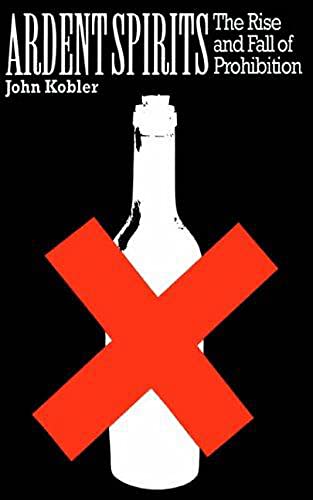
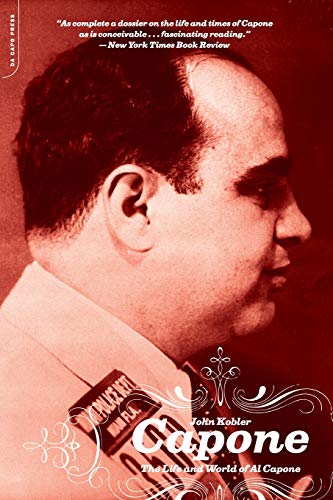
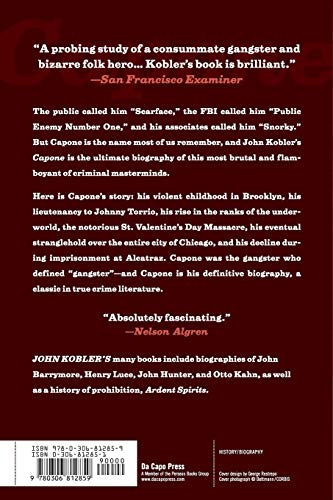
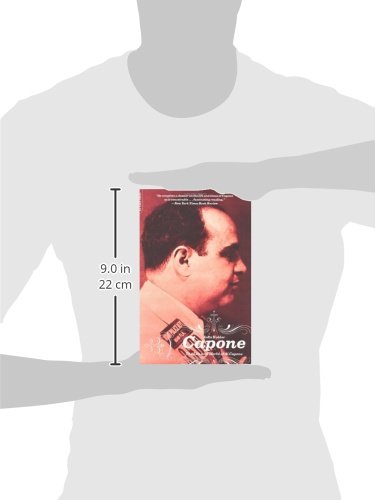
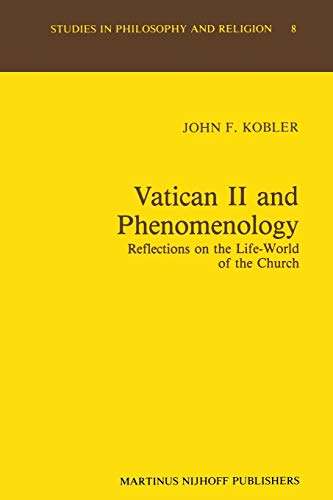
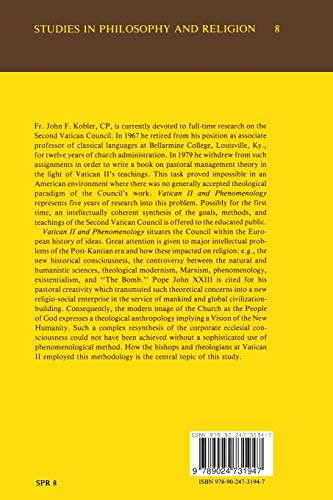







Lascia un commento
Devi essere connesso per inviare un commento.